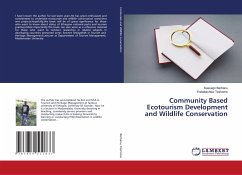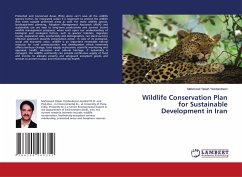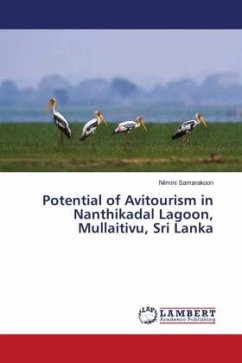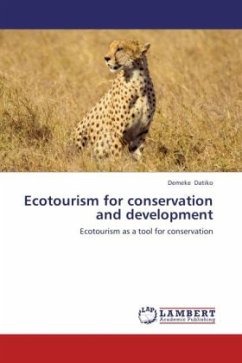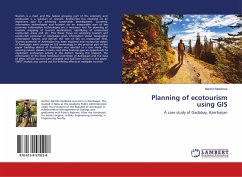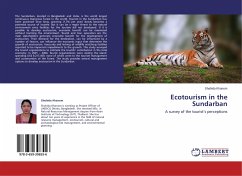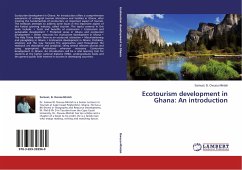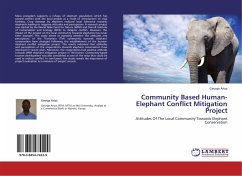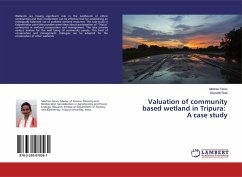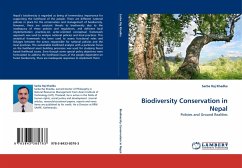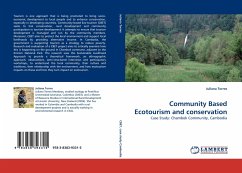
Community Based Ecotourism and conservation
Case Study: Chambok Community, Cambodia
Versandkostenfrei!
Versandfertig in 6-10 Tagen
45,99 €
inkl. MwSt.

PAYBACK Punkte
23 °P sammeln!
Tourism is one approach that is being promoted to bring socio-economic development to local people and to enhance conservation, especially in developing countries. Community-based Eco-tourism (CBET) seeks to link conservation, rural development and community participation in tourism development. It attempts to ensure that tourism development is managed and run by the community members. Moreover, CBET aims to protect the local environment and support local livelihoods by providing alternative income. In Cambodia, the government is supporting tourism as a strategy to reduce poverty. Research and...
Tourism is one approach that is being promoted to bring socio-economic development to local people and to enhance conservation, especially in developing countries. Community-based Eco-tourism (CBET) seeks to link conservation, rural development and community participation in tourism development. It attempts to ensure that tourism development is managed and run by the community members. Moreover, CBET aims to protect the local environment and support local livelihoods by providing alternative income. In Cambodia, the government is supporting tourism as a strategy to reduce poverty. Research and evaluation of a CBET project aims to critically examine how this is happening on the ground in Chambok commune, adjacent to the Kirirom National Park. The research uses the Sustainable Livelihood Approach to provide a theoretical framework, an ethnographic approach, observations, semi-structured interviews and participatory workshops, to understand the local community, their culture and traditions, their relationship with the environment, and how ecotourism impacts on these and how they turn impact on ecotourism.



